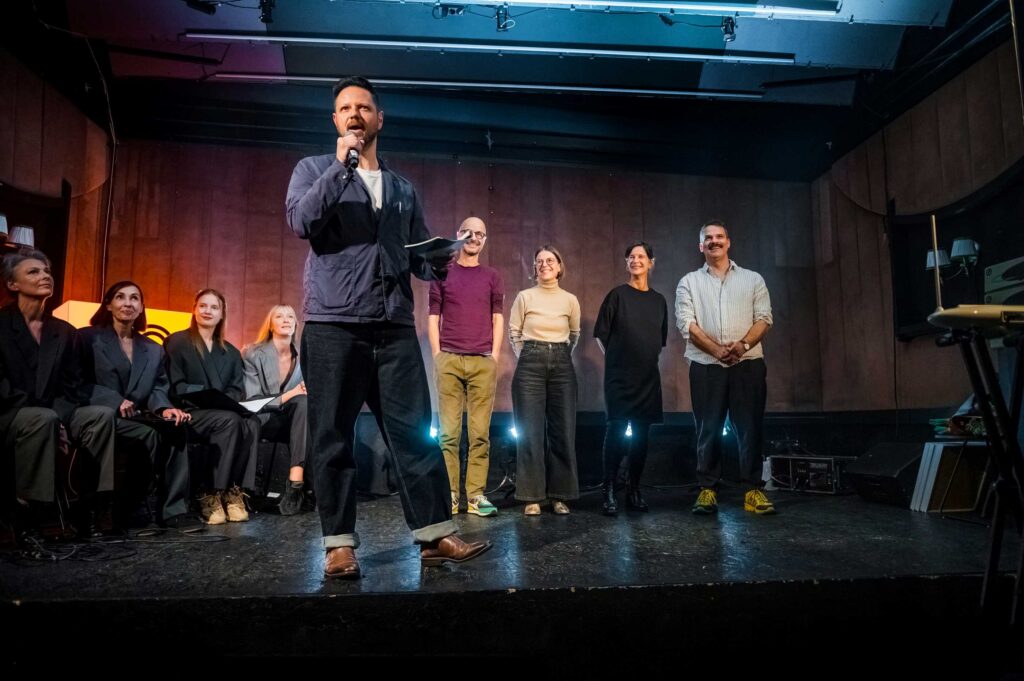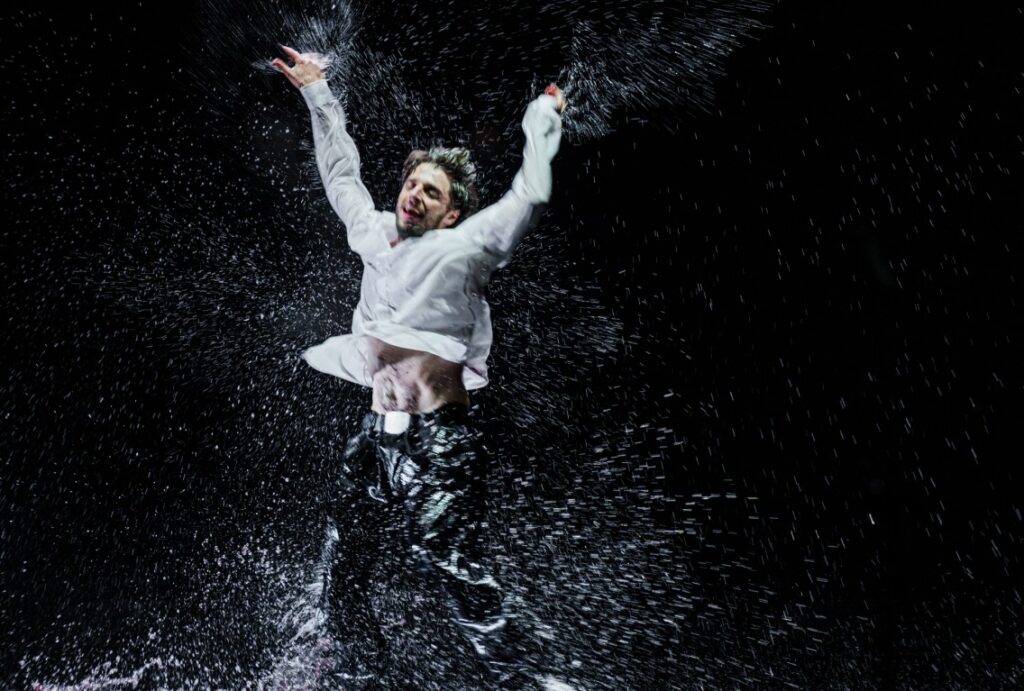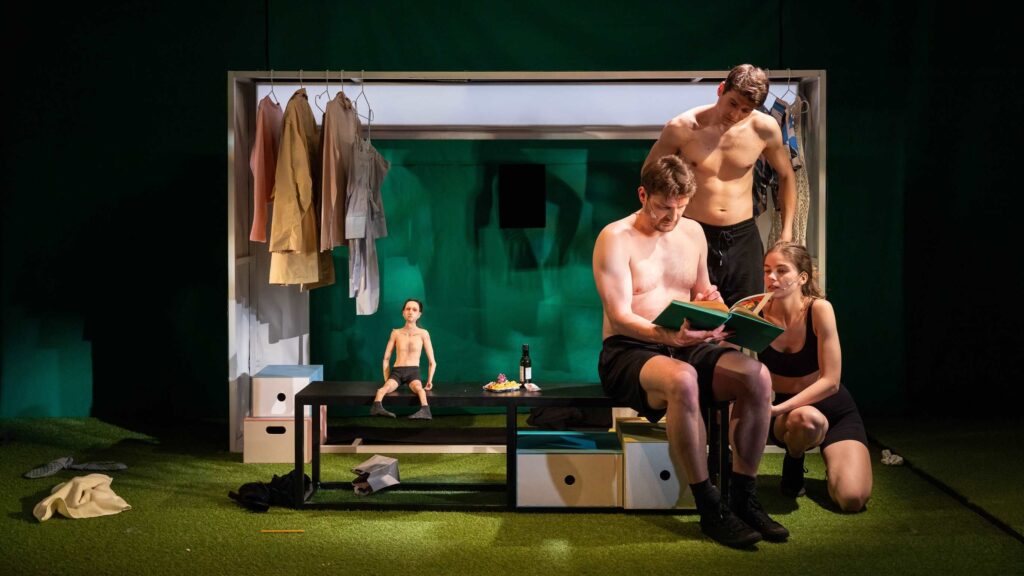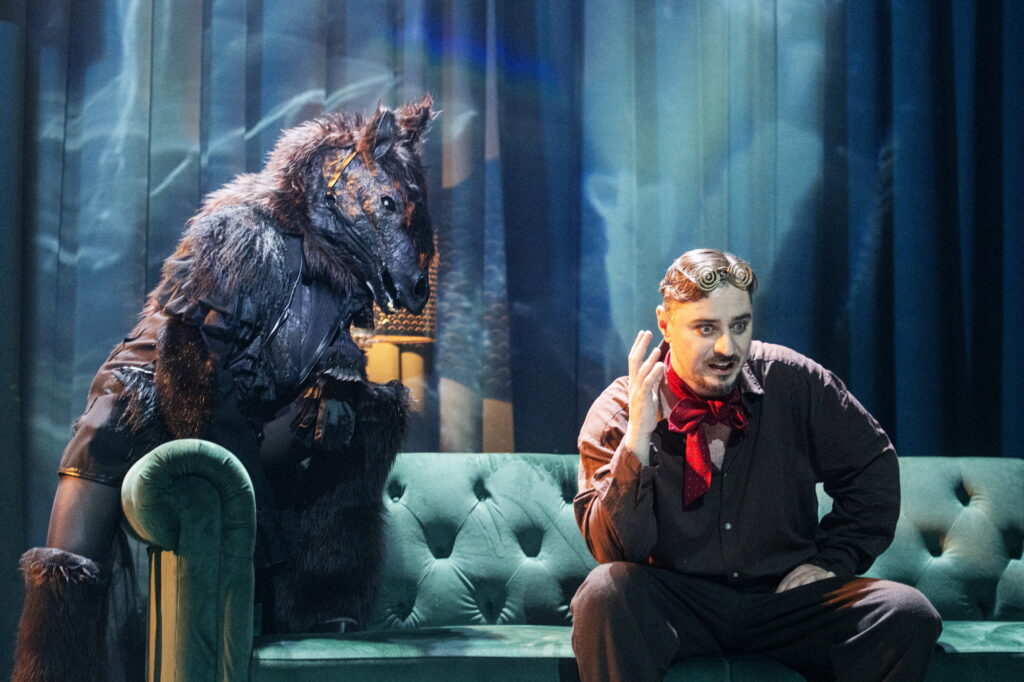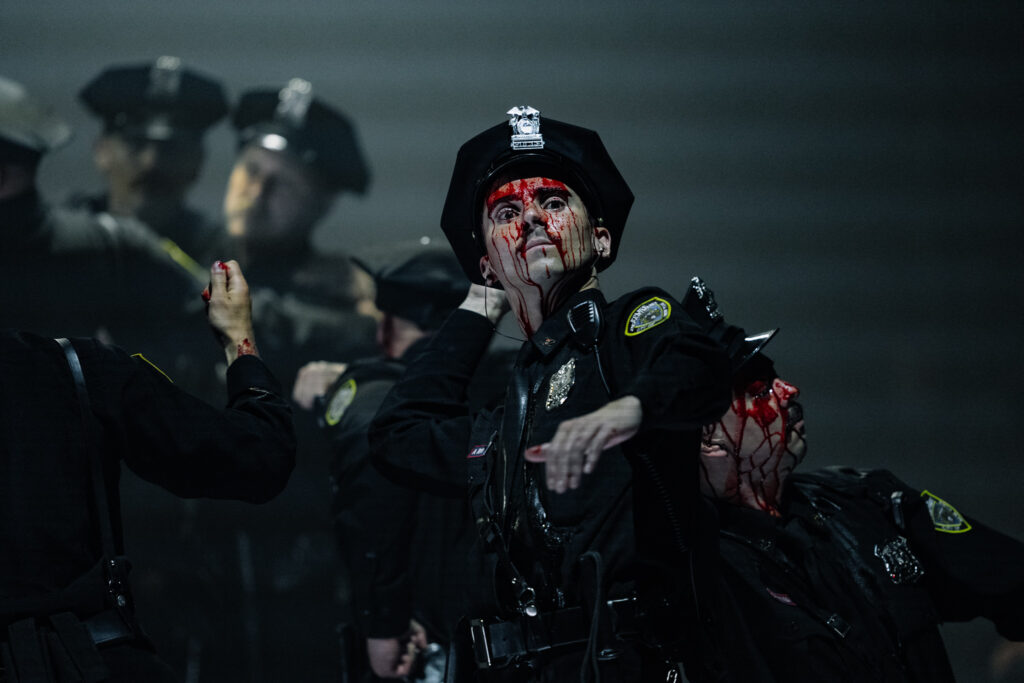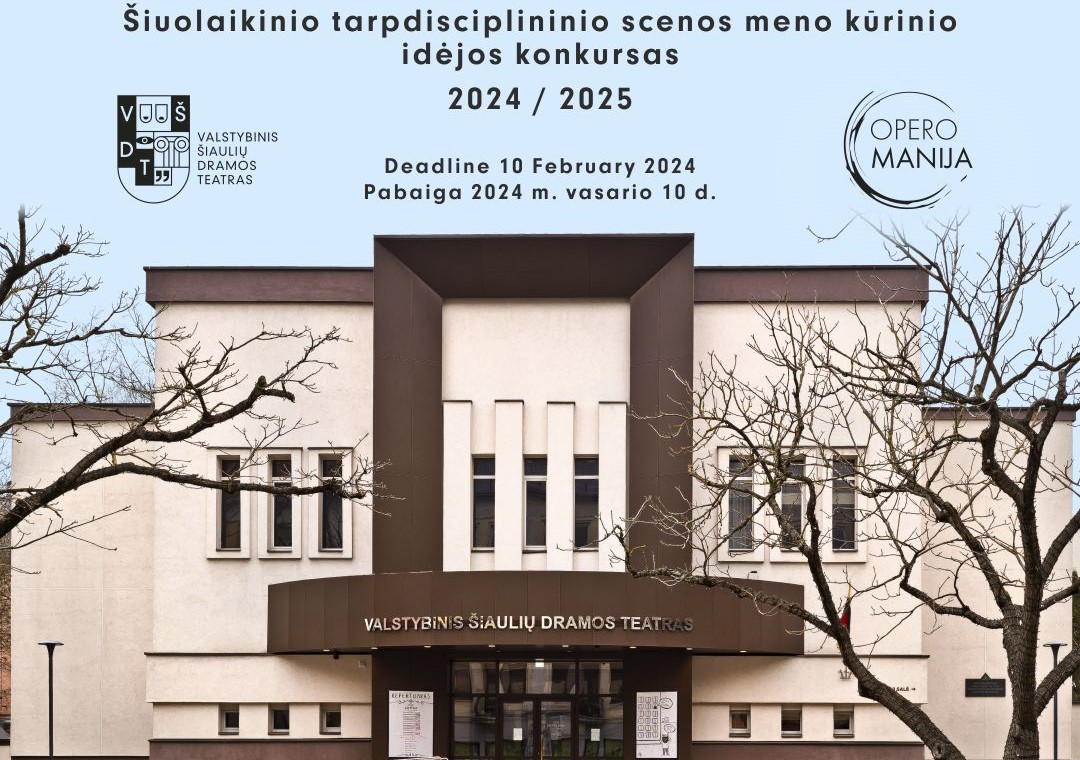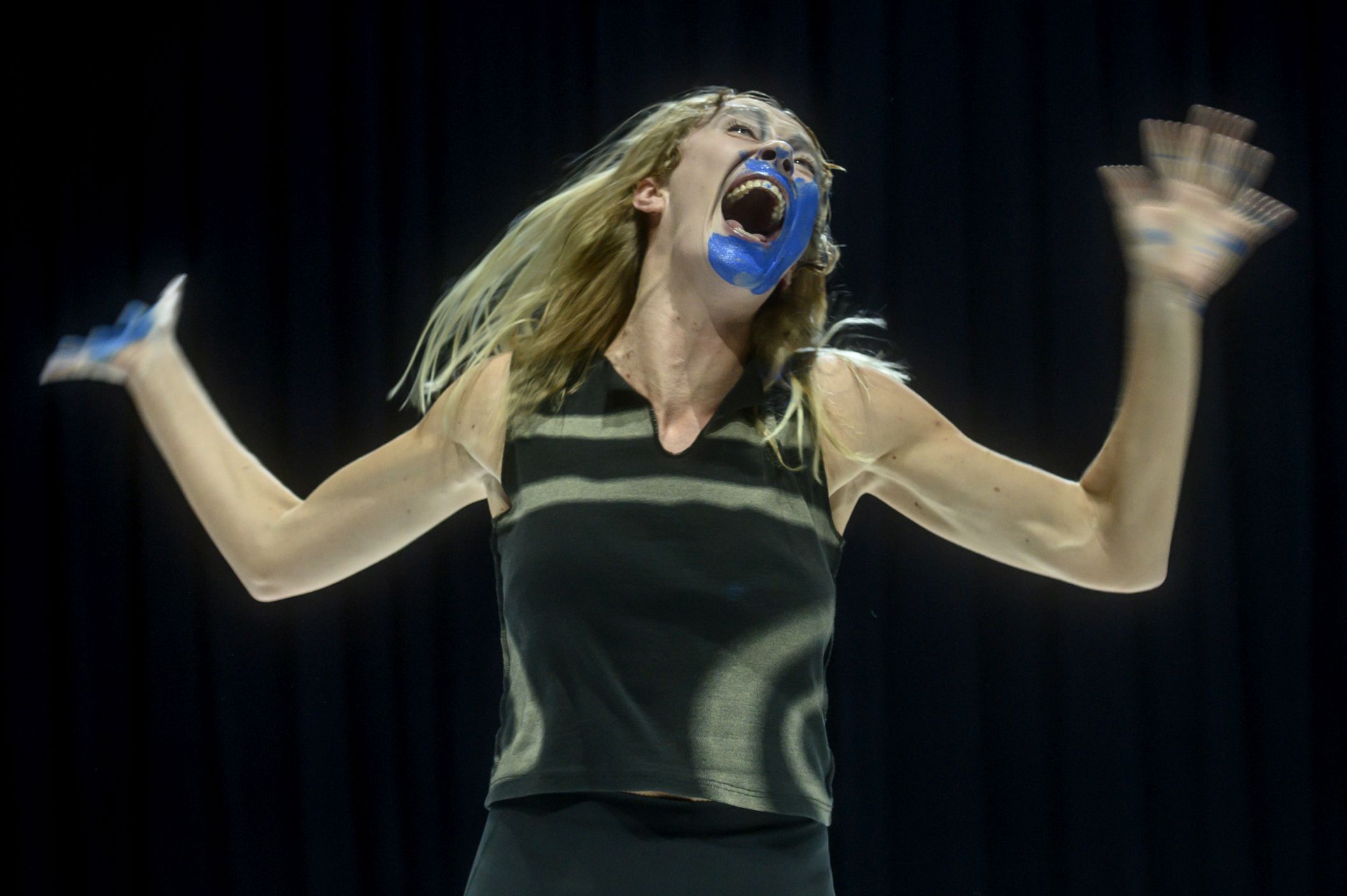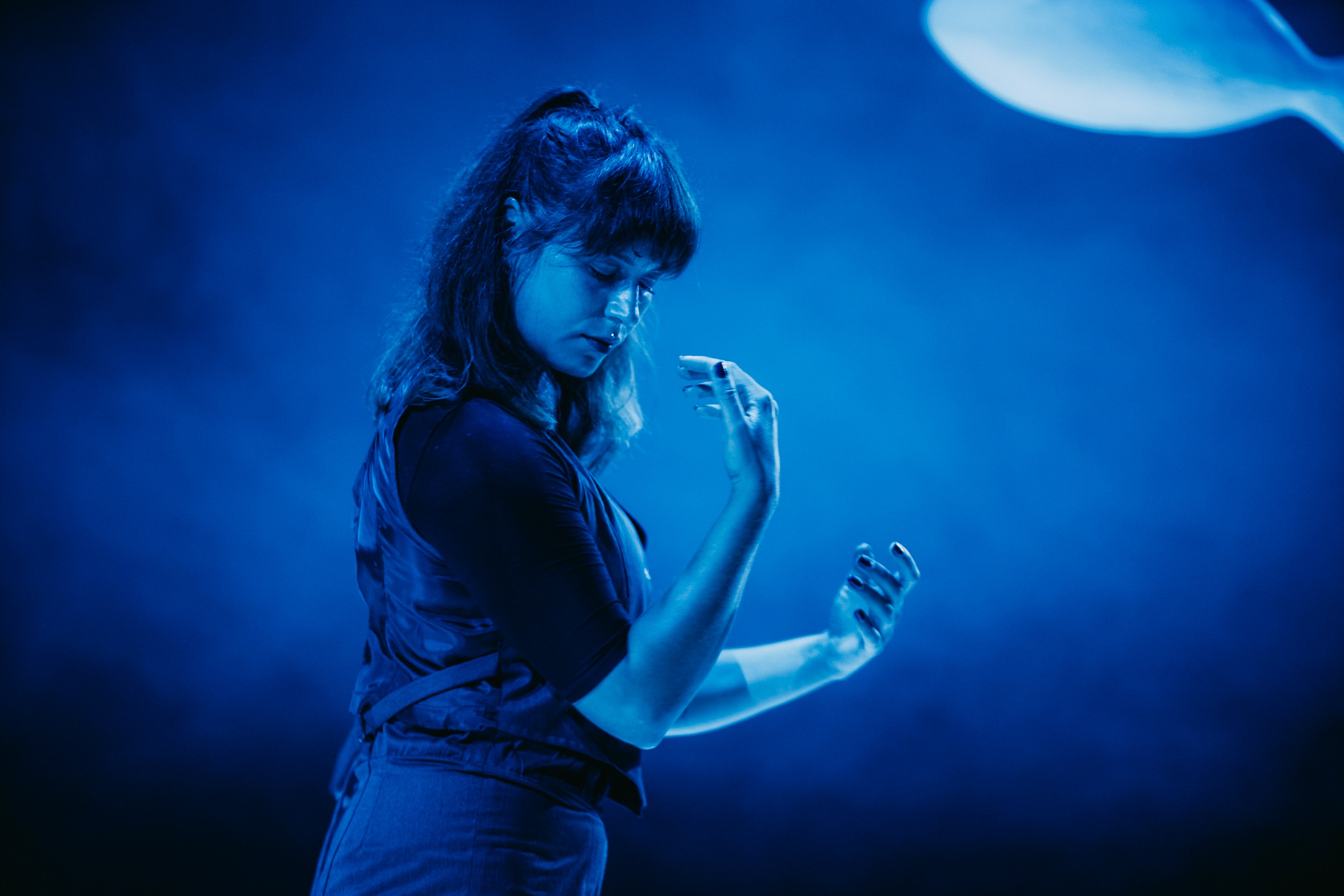On March 1-2, 2018, the Lithuanian National Opera and Ballet Theatre (LNOBT) housed the premiere of the opera Turandot by Giacomo Puccini, directed by American director, set and lighting designer Robert Wilson. This staging of Turandot is the joint project of the LNOBT, Teatro Real in Madrid, the Canadian Opera Company in Toronto and Houston Grand Opera. The premiere of Turandot was organised in cooperation with staging co-author Nicola Panzer as well as numerous other co-authors such as co-set designer Stephanie Engeln and co-lighting designer John Torres. Lithuanian conductor Modestas Pitrėnas took up the post of the music director of the opera. This is already the second work by Wilson in Lithuania. In 2007, the artist staged Saint John Passion by Johann Sebastian Bach at the LNOBT.
Wilson's Turandot received exceptionally many reviews of both Lithuanian and foreign critics in the media - the performance was almost unanimously recognised as the work that unites ideally the languages of theatre and music.
Here is how theatrologist Rima Jūraitė (menufaktura.lt) describes the dramaturgical peculiarities of this opera, “The changes in Wilson's visualisations have been determined both by the music language of the composer and the plot of the opera. Turandot is a fairy tale about a despotic Chinese princess taking revenge for her ancestress, whose love for a stranger killed her. All suitors striving to win Turandot's hand and heart have to solve her riddles and if they fail, they are executed. And yet Calaf, the unknown prince, manages to overcome the challenges of the wrathful princess. It is the last riddle 'What is ice which gives you fire /.../?' (the answer is Turandot) that is the key to the changing range of colours in this performance - the blue background is constantly tinged with the crimson of Turandot's train. /.../ The dramaturgy of the opera Turandot is complicated; it's ending does not belong purely on the will of Puccini. Until his death, the composer managed to finish three quarters of the opera; however, he did leave the sketches of the fateful duet of Turandot and Calaf, the finale of the opera as well as his authorisations for composer Franco Alfano and conductor Arturo Toscanini. Naturally, Alfano finished the opera in his own way, as a composer of the modernised music language of the 20th century (whereas, Puccini was the last creator of the already waning Italian belcanto). As the result, not only Puccini but also Wilson leaves unsolved mysteries for the audience - spectators have to guess the dénouement of the performance intuitively.”
Theatre critic Vaidas Jauniškis (menufaktura.lt) notes that, “Here, the most interesting thing is to observe the dramaturgy unfold phrase by phrase. Calaf reveals his name, Turandot is free to do with him whatever she pleases to, and so she does. How is that depicted on the stage? As the creator of the world the director 'removes' Calaf from our field of vision by simply switching off the lighting for him. As this is how he creates reality - with lighting. Having succumbed to her feelings just for a fleeting moment, Turandot again becomes an unwavering dictator; alone on the stage. Her confession 'I know the stranger's name: it is Love' implies that there's no room for love in her country. The chanting crowd looks like a silent quotation from Boris Godunov - unlit it remains in the darkness and the stage is slit by a white stripe dividing the crowd in half.“
Performing arts critic Aušra Kaminskaitė (15min.lt) notices that, “Wilson, one can say, offers no interpretation; he creates aesthetics, taps into sensations and seeks that the audience feels the attraction. He shapes the world, where one can experience something they never have. It seems that the director discovers the essence of art - to 'carry' a spectator to another world, where there is no need to think as one becomes highly sensitive to every single impression, movement, chord - in any means selected by the authors. After such a performance, one can say 'Liked it very much' and this definitely won't mean more than just a pure sensation of pleasure experienced in the theatre hall.”
In the news portal lrt.lt, musicologist Jūratė Katinaitė evaluates the musical interpretation of Turandot stating that with his interpretation music director and conductor of Turandot Modestas Pitrėnas has managed to integrate successfully into Wilson's stage idea. “The conductor has studied the full score, all the musical nuances, tempos and accents in great detail. From the perspective of music, the second performance was especially stabile and uniform.”
Furthermore, Rima Jūraitė (menufaktura.lt) summarises, “It is paradoxical how director Robert Wilson propels the soloists into their roles - the main characters are shown as highly introvert participants of the opera (collective drama). And yet the arias, those reflections of feelings they perform as well as the abundance of states of affect typical of this genre go well together with that alienated, highly artificial and automated movement of the figures on the stage. The changes in the colours and lighting act like the overtones supplementing the music. Eventually, all of this conforms harmoniously with those conditional and often ignored laws of opera theatre. This Turandot is the performance of that other - slow and Wilson-like - time. An engrossing magical ritual.”


